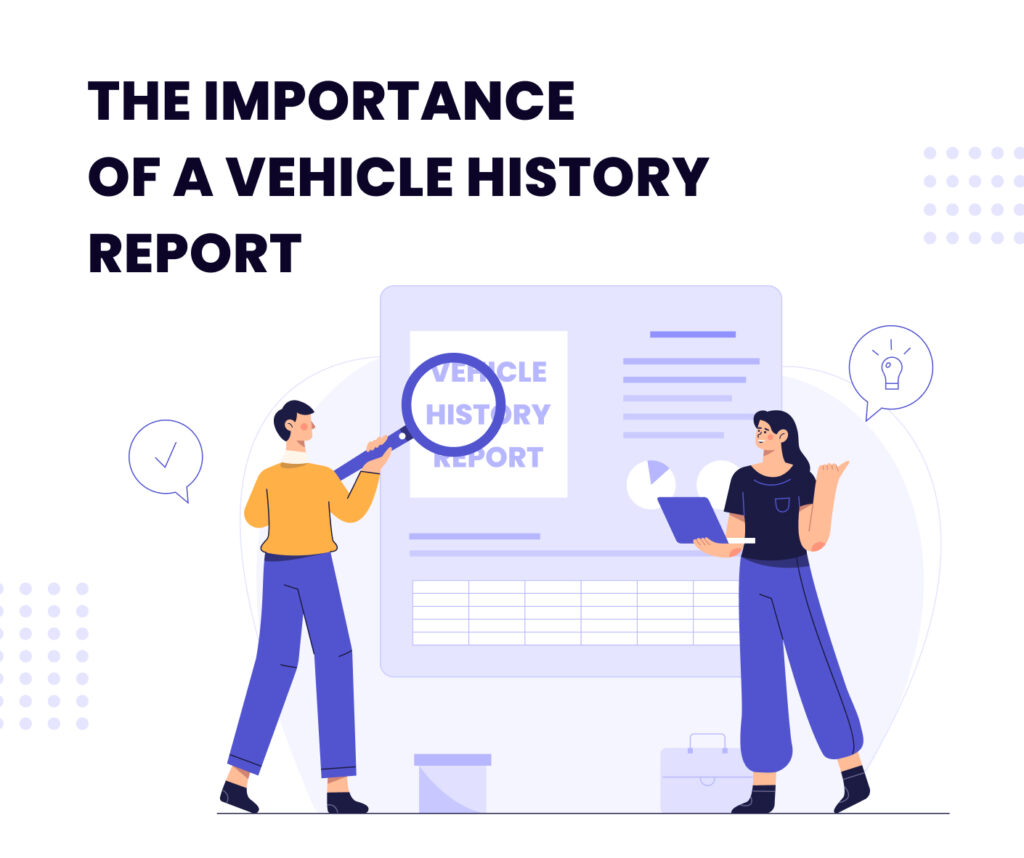Buying a car for the first time can be both exciting and overwhelming. One crucial step is checking the vehicle’s VIN to uncover its history, including past accidents, service records, and ownership details. Ensuring a clear VIN helps protect buyers from hidden issues and improves the car’s resale value. In this guide, we’ll provide expert tips on navigating the car shopping process, verifying a vehicle’s history, and maintaining privacy by deleting VIN history when necessary. By following these steps, you can make an informed decision and confidently purchase a car that meets your needs.
Setting a Budget: How Much Can You Afford?
Buying a car involves more than just its sticker price. Potential buyers must consider additional expenses like taxes, insurance, registration fees, and ongoing maintenance costs. Ignoring these factors can lead to financial strain in the long run.
To set a comfortable budget, start by calculating your monthly income and subtracting fixed expenses. Experts recommend allocating no more than 15-20% of your monthly income to car-related costs, including fuel and service records. Additionally, factor in depreciation, as vehicles lose value over time.
When it comes to financing, weigh your options carefully. A car loan allows you to spread payments over time, but interest rates can vary. Leasing offers lower monthly payments but comes with mileage restrictions. Buying with cash avoids interest costs altogether but requires significant upfront investment. Understanding these factors helps ensure a smart financial decision when purchasing your first car.
New vs. Used Cars: Pros and Cons for First-Time Buyers
Choosing between a new and a used car is a key decision for first-time buyers. Each option has its advantages and drawbacks, depending on budget and lifestyle.
New cars come with the latest technology, full warranties, and no history of wear and tear. However, they depreciate quickly—losing up to 20% of their value within the first year—and often have higher insurance costs. Used cars, on the other hand, are more affordable, depreciate slower, and can still offer reliability if they come with a well-documented vehicle history. However, they may require more maintenance and have limited or no warranties.
A common mistake among first-time buyers is focusing solely on price without considering long-term costs like repairs and insurance. To make the best choice, research the vehicle’s VIN, check its ownership records, and compare financing options before making a purchase.
How to Research and Compare Cars
Before purchasing a car, conducting thorough research is crucial. Reliable sources like consumer reports, manufacturer websites, and automotive forums provide insights into a vehicle’s reliability, safety, and performance. Websites such as Kelley Blue Book, Edmunds, and NHTSA offer car history, market value estimates, and safety ratings.
When comparing models, consider factors beyond price—fuel efficiency, maintenance costs, and long-term reliability play a significant role. Review service records and common issues reported by owners. Some cars may have a low initial cost but higher upkeep expenses.
For safety and fuel efficiency checks, resources like the IIHS (Insurance Institute for Highway Safety) and EPA (Environmental Protection Agency) offer crash test results and mileage ratings. Additionally, verifying a vehicle’s VIN can reveal past accidents or recalls. Taking the time to compare options ensures a smart investment and helps avoid costly mistakes.
The Importance of a Vehicle History Report

Checking a vehicle’s VIN is a crucial step when buying a used car. A vehicle history report provides valuable insights into the car’s past, helping buyers avoid hidden issues that could lead to costly repairs or legal troubles.
With a VIN history check, you can uncover critical details such as past accidents, mileage discrepancies, outstanding loans, and title issues. Some cars may appear in excellent condition but could have been involved in severe crashes or even declared a total loss. Additionally, ownership records help verify whether the car was previously used as a rental or fleet vehicle, which may impact its longevity.
Reliable services like Carfax, AutoCheck, and Stat.vin allow buyers to access detailed reports from public databases. Taking the time to review a car’s history before purchase ensures transparency and helps buyers make an informed decision while protecting their investment.
Test Drive Tips: What to Look For When Behind the Wheel
A test drive is a critical step in assessing a car’s performance and comfort. Before heading to the dealership or meeting a private seller, prepare a checklist of key features to evaluate.
Start by inspecting the vehicle’s history to ensure it has no hidden issues. During the drive, test the brakes, steering, and suspension by accelerating, turning, and stopping in different conditions. Pay attention to unusual noises, vibrations, or delays in the transmission’s response.
Check the electronics, including the dashboard, infotainment system, and climate controls. If possible, drive on varied road surfaces—highways, city streets, and bumpy roads—to assess handling and ride comfort. A common mistake is focusing only on appearance without evaluating mechanical performance. A thorough test drive helps determine whether the car meets your expectations and uncovers potential issues before purchase.
Avoiding Common Scams and Dealership Tricks
Car buyers, especially first-timers, must be aware of common scams and dealership tactics that can lead to overpaying or purchasing a problematic vehicle. Some sellers hide a car’s accident records, manipulate mileage, or offer misleading financing terms. Always verify the vehicle’s VIN to check its history, including past accidents and ownership records.
Dealerships may also push unnecessary add-ons, such as extended warranties or expensive service packages, inflating the total cost. Carefully review all fees and avoid signing incomplete contracts. Be wary of high-pressure sales tactics that rush you into making a decision.
To protect yourself, ask the dealer critical questions: Has the car been in an accident? Can I see a vehicle history report? What’s included in the price? Taking these precautions ensures transparency and helps you secure the best deal without hidden surprises.
How to Negotiate the Best Deal

Negotiating the price of a car can save you hundreds or even thousands of dollars. Start by researching the car’s market value using trusted sources like Kelley Blue Book or Edmunds. Check the vehicle’s VIN history to uncover any past accidents or issues that could justify a lower price.
A key strategy is to let the seller make the first offer, giving you room to counter. Be confident but polite—dealers expect negotiations, and private sellers often set prices higher than their bottom line. Avoid common mistakes like revealing your maximum budget too early or agreeing to unnecessary add-ons.
To ensure you’re getting a good deal, compare offers from multiple sellers and analyze total costs, including taxes and fees. If the price seems too high, don’t be afraid to walk away—this often prompts sellers to reconsider and offer a better deal.
Finalizing the Purchase: Essential Paperwork and Legal Aspects
Before completing your car purchase, ensure all necessary paperwork is in order. Key documents include the title certificate, bill of sale, vehicle registration, and proof of insurance. Additionally, reviewing the vehicle’s VIN history helps confirm there are no hidden issues, such as outstanding loans or past accidents.
When signing the bill of sale, check for accuracy in the vehicle details, purchase price, and any agreed-upon warranties. Avoid contracts with blank spaces or unclear terms that could lead to unexpected fees.
Insurance is another critical step—many states require proof of coverage before finalizing registration. Research policies that fit your needs and budget. Lastly, complete the registration process at the DMV, ensuring ownership records are correctly updated. By carefully reviewing all legal aspects, you can avoid complications and confidently drive away in your new car.
The Role of HideAutoVin in Ensuring a Secure Purchase
HideAutoVin helps protect vehicle owners by removing VIN history from public databases, ensuring sensitive information remains private. Checking a vehicle’s history before purchase is essential to uncover past accidents, service records, and ownership details. After buying a car, deleting its VIN history can prevent unauthorized access to personal data and enhance security. This extra layer of protection helps maintain privacy and safeguard the new owner’s information.
